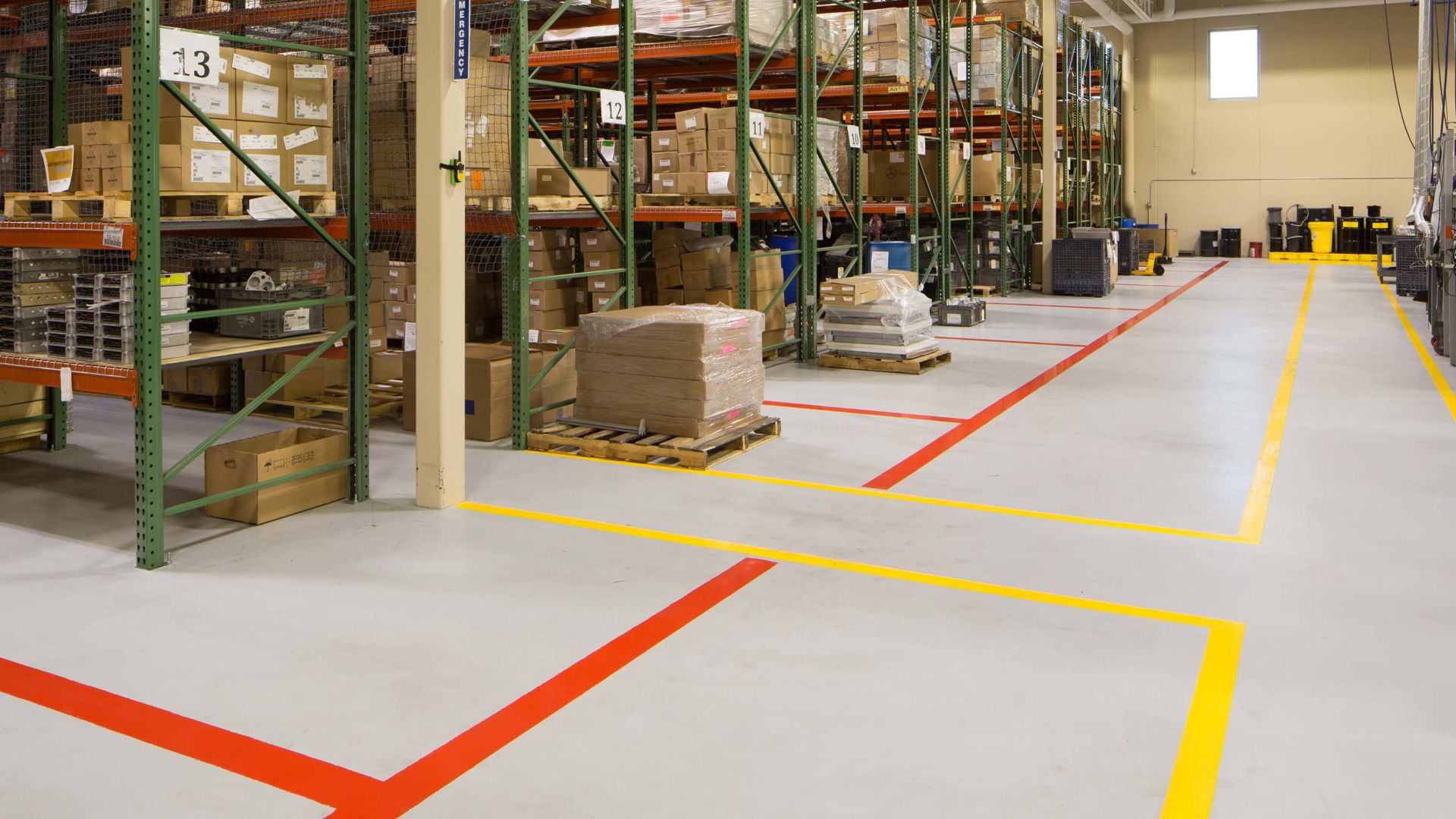Epoxy vs. Urethane
What's the Right Resinous Floor for Me?
Epoxy and urethane floors are both popular options for industrial and commercial flooring applications. While both offer durability and chemical resistance, there are some differences that may make one a better choice over the other depending on the specific needs of the flooring project.
Epoxy floors are generally better than urethane floors in terms of:
1. Abrasion resistance: Epoxy floors are highly resistant to scratches and abrasions, making them a good choice for areas with heavy foot or vehicular traffic.
2. Cost: Epoxy floors are generally less expensive than urethane floors, making them a more budget-friendly option.
3. Adhesion: Epoxy floors have strong adhesion properties, making them a good choice for surfaces that may be difficult to bond with, such as concrete or metal.
On the other hand, urethane floors are generally better than epoxy floors in terms of:
1. UV stability: Urethane floors are highly resistant to UV rays, making them a good choice for outdoor areas or areas with large windows that let in a lot of sunlight.
2. Chemical resistance: Urethane floors are highly resistant to chemicals and solvents, making them a good choice for areas that may be exposed to harsh chemicals.
3. Flexibility: Urethane floors are more flexible than epoxy floors, making them a good choice for areas that may be subject to movement or vibration.
Ultimately, the choice between an epoxy floor and a urethane floor will depend on the specific needs of the project, including the type of traffic, exposure to UV rays or chemicals, and the budget.

